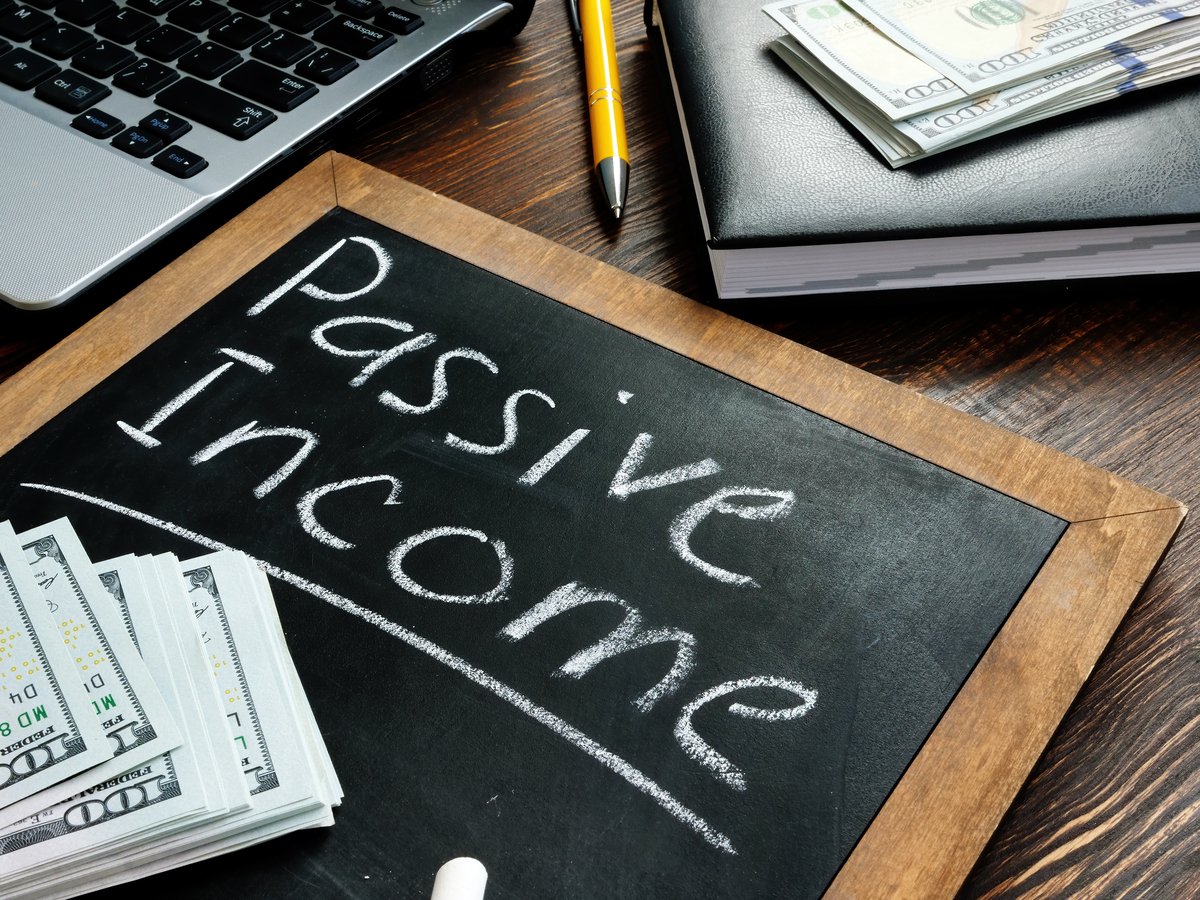Last week week, fast-food giant McDonald's (MCD 0.17%) made headlines by raising its quarterly dividend 5%, to $0.85 per share. The company has raised its dividend payment every year since initiating one in 1976. With a lofty 3.6% dividend yield at Friday's closing stock price, McDonald's is hoping the dividend will calm investors' nerves over so-so earnings and sour sales. But is that dividend safe?
Here are a few things you should consider before buying McDonald's stock for its dividend.
McDonald's business is facing headwinds
The first question we should ask when evaluating the sustainability of a dividend plan is: "How is the business doing?" Dividends are payments to owners (investors). It's not smart for owners to pay themselves too much when a business is reeling and McDonald's is facing a few headwinds right now.
McDonald's most recent quarterly results were essentially flat, earnings and sales rose 1%, but same-store sales, a key metric for restaurants, dropped 1.5%. What's worrisome is that McDonald's same-store sales seem to be dropping at an accelerating pace; in August same-store sales fell 3.7% worldwide, and that trend may hurt earnings soon.
To address these slumping sales figures McDonald's has tried to expand its menu, hoping to win back customers. The move has been largely unsuccessful as it continues losing market share to fast-casual competitors. Further, the expanded menu has been a point of frustration for franchisees who are feeling the costs and pressure of delays at stores.
The dividend appears safe for now
Despite declining business fundamentals in several key areas, McDonald's has adequate capital to make its current dividend payment.
Dividends come from cash flow, and even with its struggles in recent years, McDonald's has steadily increased its free cash flow (below).
MCD Free Cash Flow (TTM) data by YCharts
By measuring its operational cash flow compared to its capital expenditures (or the CF to CAPEX ratio), we get a better idea of McDonald's financial health. The higher this number is, the better. As the chart below shows, McDonald's ranks higher in this regard than fast-food dividend-paying peers Wendy's and Yum! Brands.
MCD Cash Flow To CAPEX (Annual) data by YCharts
McDonald's dividend yield of 3.6% is far superior to Yum!'s 2.25% and Wendy's 2.37% yield. Clearly, despite its recent struggles, McDonald's is able to cover its dividend payment and all other capital expenditures (such as real estate, equipment, etc.) better than its peers. This mix of high yield and positive cash flow is why many value investors recommend McDonald's right now.
That said, McDonald's is now paying out over 60% of its earnings in dividends. According to a Credit Suisse report, the best-performing stocks from 1990-2008 had a combination of both high yield and a low payout ratio. Stocks that fit into that category returned nearly 300%, double the S&P 500.
McDonald's current payout is higher than the 51% average of all S&P dividend payers, and that disparity could grow if same-store sales continue to dive. While McDonald's is clearly able to make its dividend payment today, its same-store sales decline makes this a dangerous time to increase its payout.
Betting on McDonald's future is risky
Buying stock buys you part-ownership of a business. The cash the business earns can be used on things including labor, research and development, advertising, or better quality of goods. These are all areas that McDonald's should be doubling down on right now. Perhaps it is, but increasing an already high dividend seems short-sighted given its challenges.
McDonald's is not going anywhere anytime soon. However, its same-store sales decline, high payout ratio, and inability to fend off competition thus far raise serious questions. There are plenty of safe dividend stocks to choose from. For now, McDonald's is not one of them.










